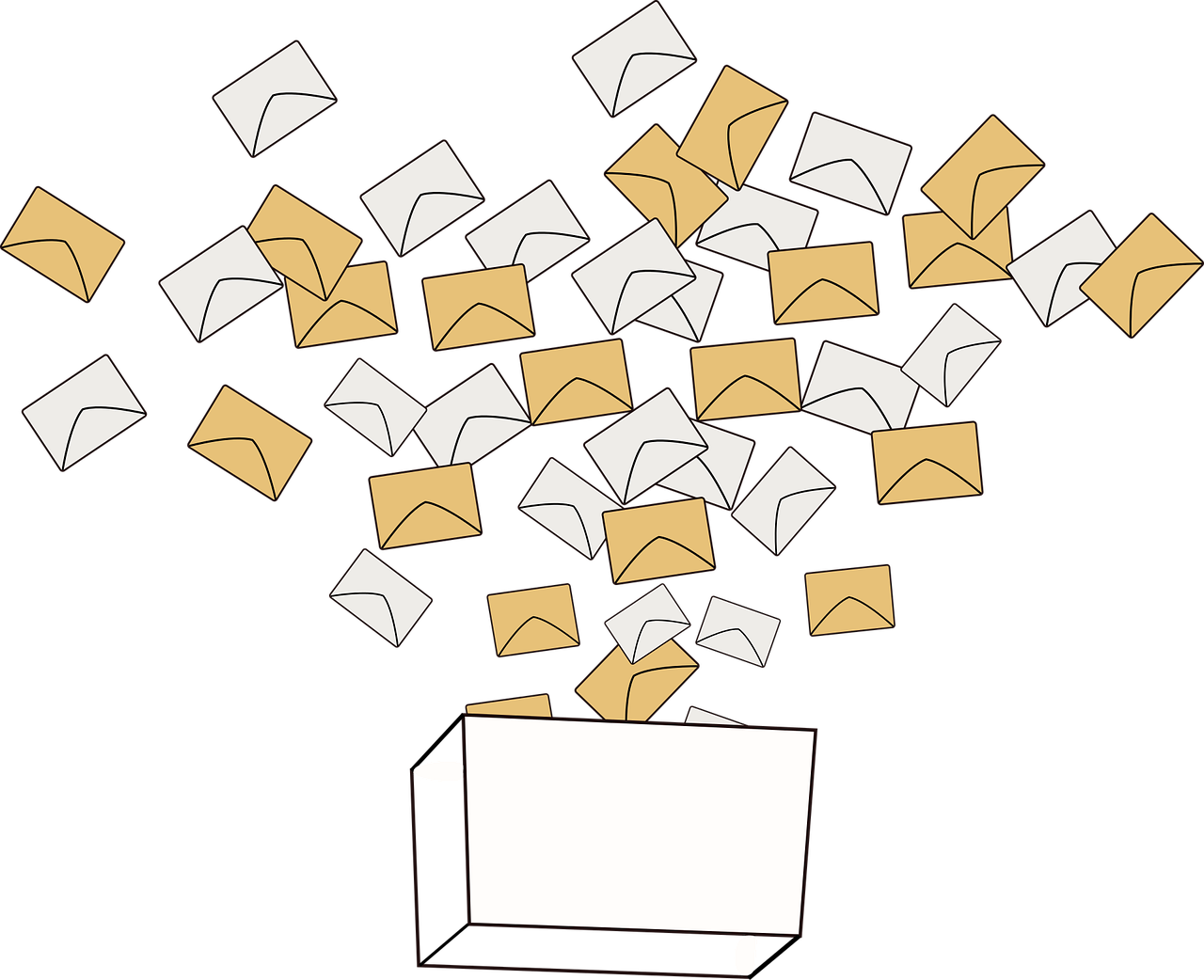This November, Americans will hit the voting booths and elect a new president (if your state still has open registration, get started here). We all know election years can generate a lot of tension, and the requisite horse-race journalism in the media doesn’t do much to help the stress levels of honest folks.
One thing that gets overlooked nearly every election year, however, is how it can negatively affect the engagement levels of your employees. Election years are stressful all around, and the stakes are so high that anxiety can easily bleed into the workplace. Here are some side-effects of election years you should consider:
- Increases in workplace disagreements. It’s difficult for Americans to agree on politics, and even more so during election years, when people tend to be more strident with their arguments and opinions. There is a noted increase in workplace disagreements during election years, and it can adversely affect everyone’s morale.
- A stalling economy. According to Merrill Lynch, the Standard & Poor’s 500 — a widely watched benchmark of U.S. large-cap companies — has dropped an average of 2.8% in presidential election years when there is no incumbent seeking re-election, due to plain uncertainty (at no other time does the average dip into the negative). In addition, companies cut spending, stocks are more volatile, and GDP shrinks. This can play with one’s sense of job security.
- “Policy uncertainty” stresses workers out. There are some seriously disruptive policies being thrown around in this year’s election that may directly affect your employees: a $15-per-hour minimum wage, universal health care and mandatory sick leave, to name a few. But we won’t know whose policies will win out until November. Until then, your employees are bracing for uncertainty, and it can shake them.
So the best thing you can do is be aware of these dangers up until Election Day. Here are some tips to help:
- Divert political discourse in the workplace. If someone brings up a wedge issue or a politically divisive comment in a meeting or other inappropriate place, management should nip it in the bud immediately by diverting the conversation back to work-related topics. Right or wrong, ideological discussions always carry unwanted tension and should be shelved until happy hour.
- Don’t play cable news at work. If you have TVs set up in your break room or any other common area, make it a policy to avoid leaving them on cable news station such as CNN or Fox News. The cable news networks are not known for their subtlety and can be an unwelcome distraction during an election year.
- Make employees aware of Election Day rights. Many state governments have special Election Day rights for workers that can be easily overlooked. New York, for instance, guarantees at least two paid hours in the day to go vote, among other stipulations. Many people will feel better knowing that in the face of uncertainty their right to vote and be heard is appreciated.
Whichever candidate you vote for this year, give equal consideration to how the craziness of the U.S. election cycle might intimidate or cast a pall of anxiety over your workforce. Because regardless of who wins on Nov. 8, we all still have to show up to work the next day and continue to move forward.
Cord Himelstein is vice president, Michael C. Fina Recognition.
If you enjoyed this article, join SmartBrief’s e-mail list for our daily newsletter on being a better, smarter leader.
